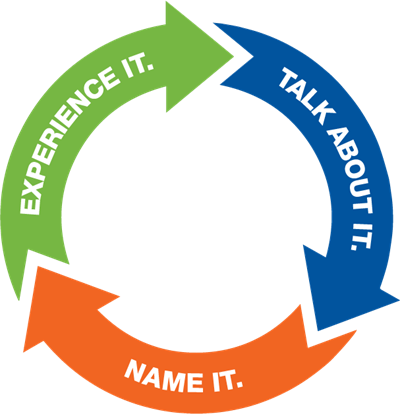Building a Strong Foundation
Every child begins first learning to read and then progresses into reading to learn. Our English Language Arts (ELA) program prioritizes the ability to decode, read with fluency, and gain capacity to comprehend increasingly more complex material across a range of types, topics, and disciplines.
We Incorporate Reading Everywhere
We focus on integrating ELA skills and proficiency by infusing informational, nonfiction literature with other subjects including math, science, and social studies. Research shows that incorporating ELA into other subjects helps to close learning gaps by providing essential background knowledge, especially for upper elementary and middle school.
ELA through a Variety of Modalities
Our ELA instruction provides a healthy balance of opportunities for students to practice fluency, collaborate with others, participate in writing workshops, and work alongside teachers in small groups to develop ELA skills. Students also practice independently with books they’ve personally chosen from a variety of published works.




